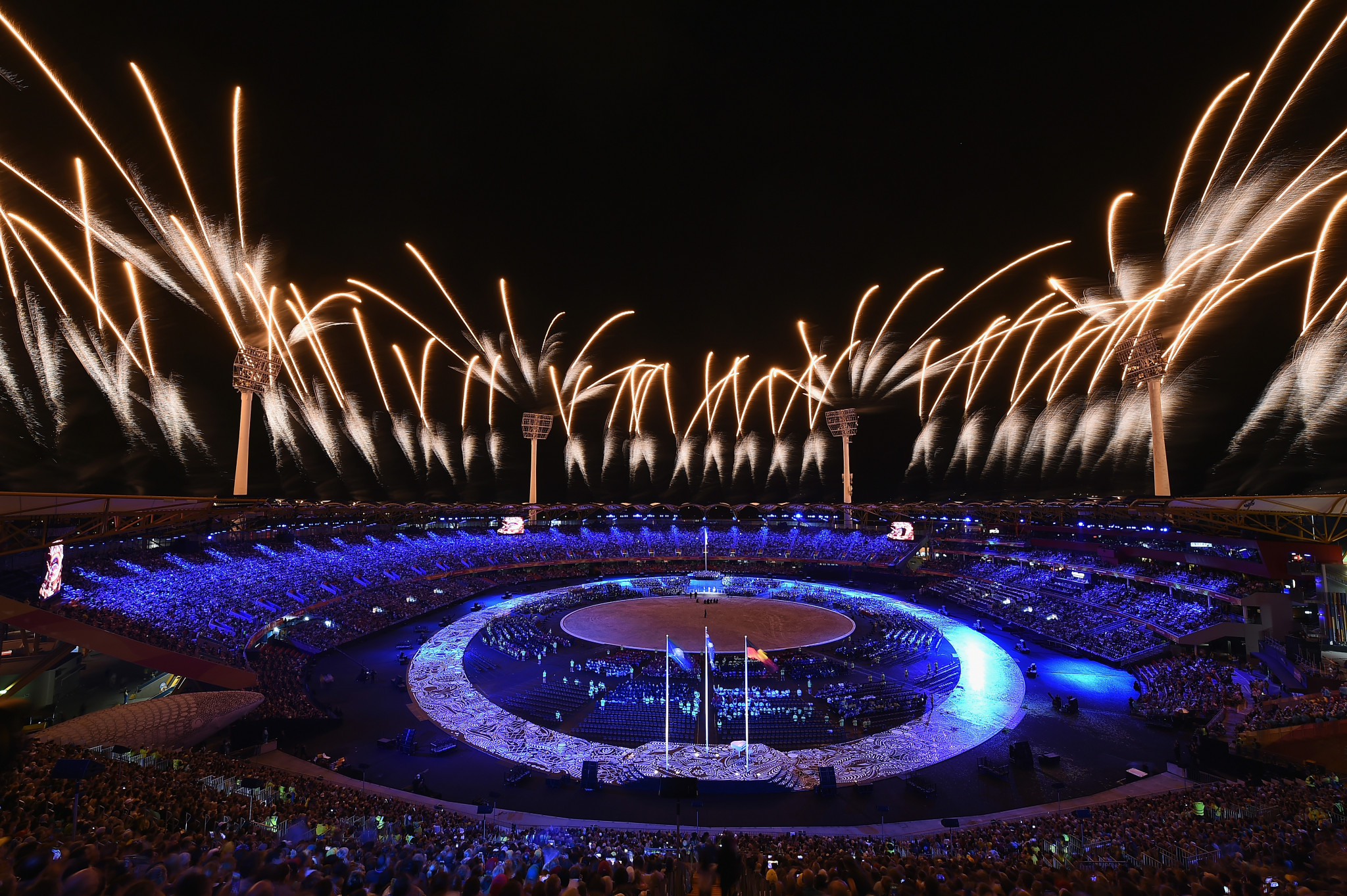The Commonwealth Games will never be the same again after Birmingham 2022.
Dame Louise Martin, President of the Commonwealth Games Federation (CGF), told insidethegames: "We can’t stay as we are - it’s not sustainable.
"We have to move on, we have to modernise.
"In my opinion Birmingham will be the last one of this size.
"In the future it will be more in keeping with what the country it’s going to wants."
The plan is for the Games to be smaller, easier and less costly to host, and to change them in a way that will appeal to a younger audience.
Making them more attractive to Asian nations, and especially to prospective hosts from Asia, is another key aim.
Only six per cent of the Commonwealth’s combined population of 2.4 billion live outside Asia and Africa, yet those two continents between them have hosted only one Commonwealth Games.
Nearly two thirds of those 2.4 billion are aged under 30, and more than half live in India, which is predicted by a United Nations report to become the world’s most populous country before 2030, the Commonwealth Games’ centenary year.
The CGF’s drive for change involves a complete review of the sport programme, which is now underway.
The Games schedule features too many events and too many athletes - 270 medal events in 19 sports, and 4,500 athletes in Birmingham next year.
"It has to be reviewed without a doubt," said Dame Louise.
"It’s not working for us because it’s very difficult to control."
Esports seems likely to feature in the future, but which sports will be dropped, either temporarily or permanently, will depend on the views of the 71 Commonwealth Games Associations from nations and territories around the world.
The CGF signed a partnership last year with the Global Esports Federation, whose President, Chris Chan, is secretary general of the Singapore National Olympic Committee.
The review comes as the consequences of the COVID-19 pandemic are continuing to have a profound effect on the global sporting landscape.
There is no bidder for the 2026 Commonwealth Games and only by cutting costs and modernising can the CGF hope to find one at short notice.
The 2014 and 2018 Games, in Glasgow and Gold Coast, were awarded seven years out: this time if a bidder is found the time span is likely to be nearer four years.
Birmingham was also late on the scene, taking over as hosts in late 2017 after Durban was stripped of the event due to financial concerns.
Co-hosting will not be discouraged, which could raise the possibility of some of the Commonwealth’s smaller nations staging some sports.
Mooted bids from Australia, Canada and Sri Lanka have failed to materialise for 2026.
"We’re going through a sticky patch at the moment, yes, because of all the vagaries of COVID-19 and cost-wise, but in the future I see the Commonwealth Games going from strength to strength in a completely different way to the way it’s been done in the past," Dame Louise added.
"Modernise it, change it."
Change is sorely needed according to a number of sport business experts, specialists from academia, and those who work in the Commonwealth Games movement who were canvassed by insidethegames.
Some were so pessimistic they did not wish to speak on the record.
Professor Simon Shibli of Sheffield Hallam University, a sport specialist and accountant, has researched and written on the economic impact of major events over decades.
The proliferation of other events over the past 25 years had left the Commonwealth Games "searching for an identity".
Shibli said: "In the sporting air space, it’s very, very difficult for an event to gain attention when it’s quirky, not fixed (in the sporting calendar) and not the pinnacle of achievement.
"Audiences are not great and commercial rights are not great.
"There are too few hosts.
"The fact that it is the friendly Games where it’s very Corinthian, the taking part that matters, has led to mismatches and joke performances.
"You need to make it an elite competition based on qualification."
Dame Louise said the appetite for change was there.
"We have to keep reviewing our sports, we have to stay relevant to where we are at the time," she said.
"It’s no good any more to sit back and say ‘We’ve always done it this way.'"

